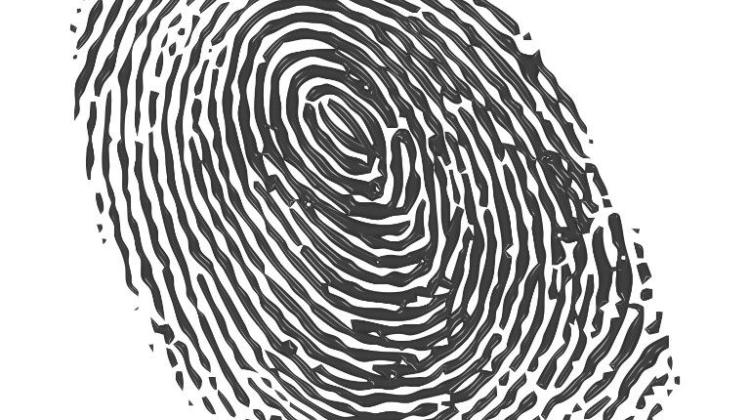Polish specialists developed a tent for detecting fingerprints in the field
 Photo: Fotolia
Photo: Fotolia
Specialized tent for revealing latent prints directly on site has been developed by a Polish scientific and industrial consortium. Its design makes it possible, for example, to detect a fingerprint on a car in 30-40 minutes. Tents will become police equipment.
Mobile lab, which uses a chemical, cyanoacrylate method to reveal traces is designed for the police forensic services - to reveal latent prints directly on site, and in the case of objects are too large for test in stationary chambers in laboratories.
It consists of a special tent with pneumatic frame and a gas emission system. Tent or tents, in the case of looking for prints, for example, on a tractor, car or trailer, are set up at the scene. After initiating the system, the unit begins to generate cyanoacrylic acid esters, providing an environment for the detection of traces by dactyloscopy.
"Once a sufficient concentration and temperature is achieved, the object which should be tested for prints is placed in the tent for 30-40 minutes. After clearing the air inside the tent, clear fingerprints can be seen" - told PAP the project leader Elżbieta Witczak, director of the Institute of Security Technologies "Moratex" in Łódź, the consortium leader.
For the construction of tents, it was necessary to select a material resistant to the vapours of cyanoacrylate esters, as well as all additional components: zippers, fasteners, window film.
"The tent must be sealed and resistant to high temperature. The important thing is that it has been equipped with suitable equipment, which ensures generation, storage and purification of vapours" - added Witczak.
The equipment includes a module that controls environmental conditions inside the tent and equipment to provide the required climate: humidity and temperature sensors, a humidifier, electric heater, a device for producing vapour of cyanoacrylate acid esters. There is also an air purifier for use after testing.
The tent allows testing in field conditions, but can also be used in police stations to test large samples that can not be placed in chambers in forensic laboratories.
"It is not always possible to place large tested objects in stationary lab cabinets. An even greater problem is +cutting+ samples from objects in the field, for example carbody, and bringing them to a crime lab" - explained the project leader. A mobile tent may come in handy in such tests.
Using the "NUS" lab - which is the name of the device - is allowed under certain ambient atmospheric conditions, including air temperature between +5 and +30 degrees C, and the wind below 20 km/h.
So far the project made two such mobile labs that have passed all tests. Currently, preparations are underway to assess them in real life conditions.
The first two tents went to the Central Forensic Laboratory of the Police in Warsaw. "Police forensic science laboratories are waiting for these tents. It is assumed that by 2016 tents will be purchased for laboratories in all provincial police headquarters" - noted the director of "Moratex".
Polish innovative solution has also been recognised abroad: the mobile lab won awards, among others at the International Exhibitions of Innovation in Brussels, London and Paris. In addition to the Institute of Security Technology "Moratex", partners in the consortium were: Central Forensic Laboratory of the Police in Warsaw, Protective Equipment Enterprise Maskpol and Stanimex from Lublin. The project was funded by the National Centre for Research and Development.
PAP - Science and Scholarship in Poland
szu/ laz/ mrt/
tr. RL
Przed dodaniem komentarza prosimy o zapoznanie z Regulaminem forum serwisu Nauka w Polsce.














